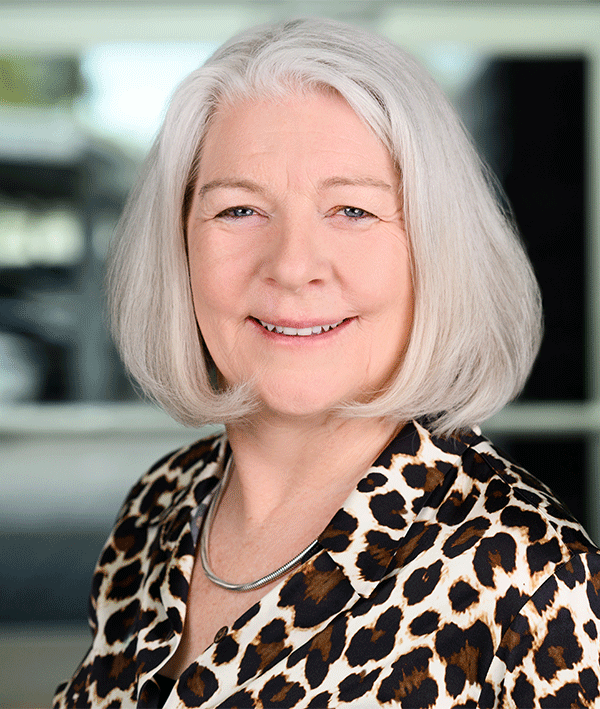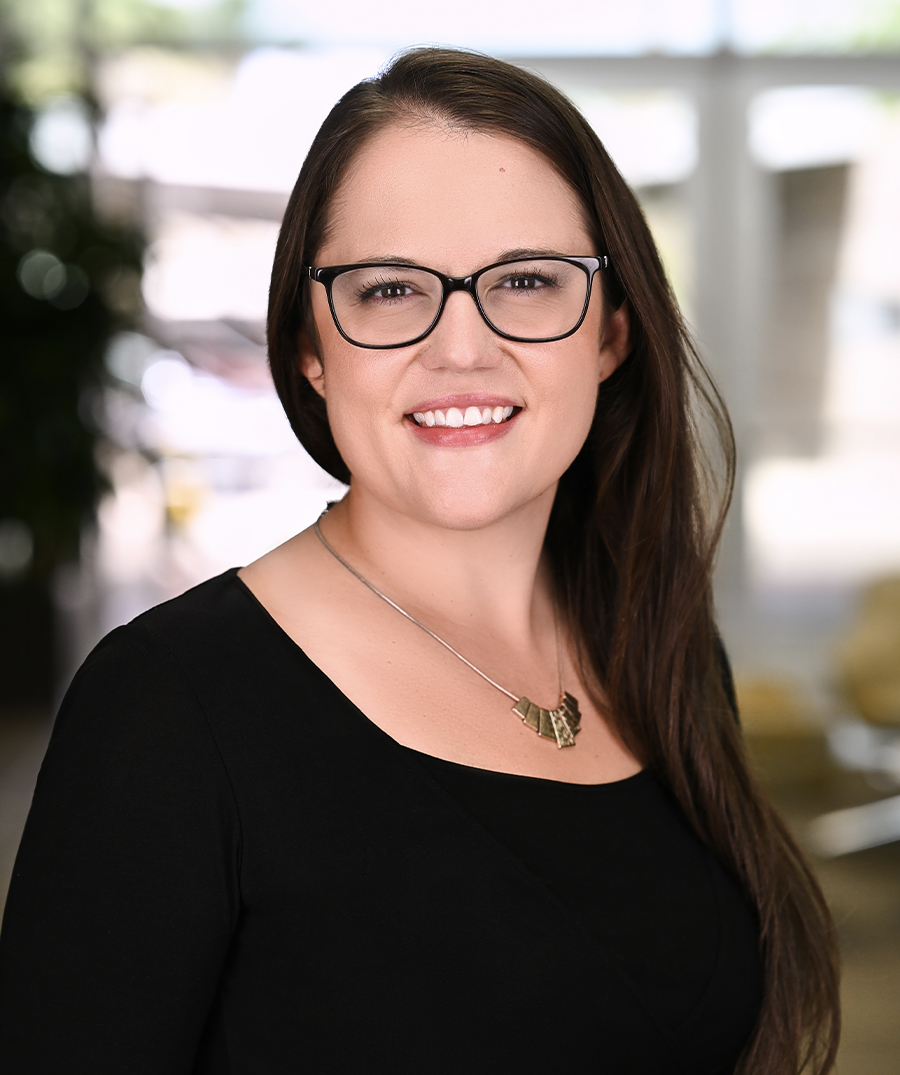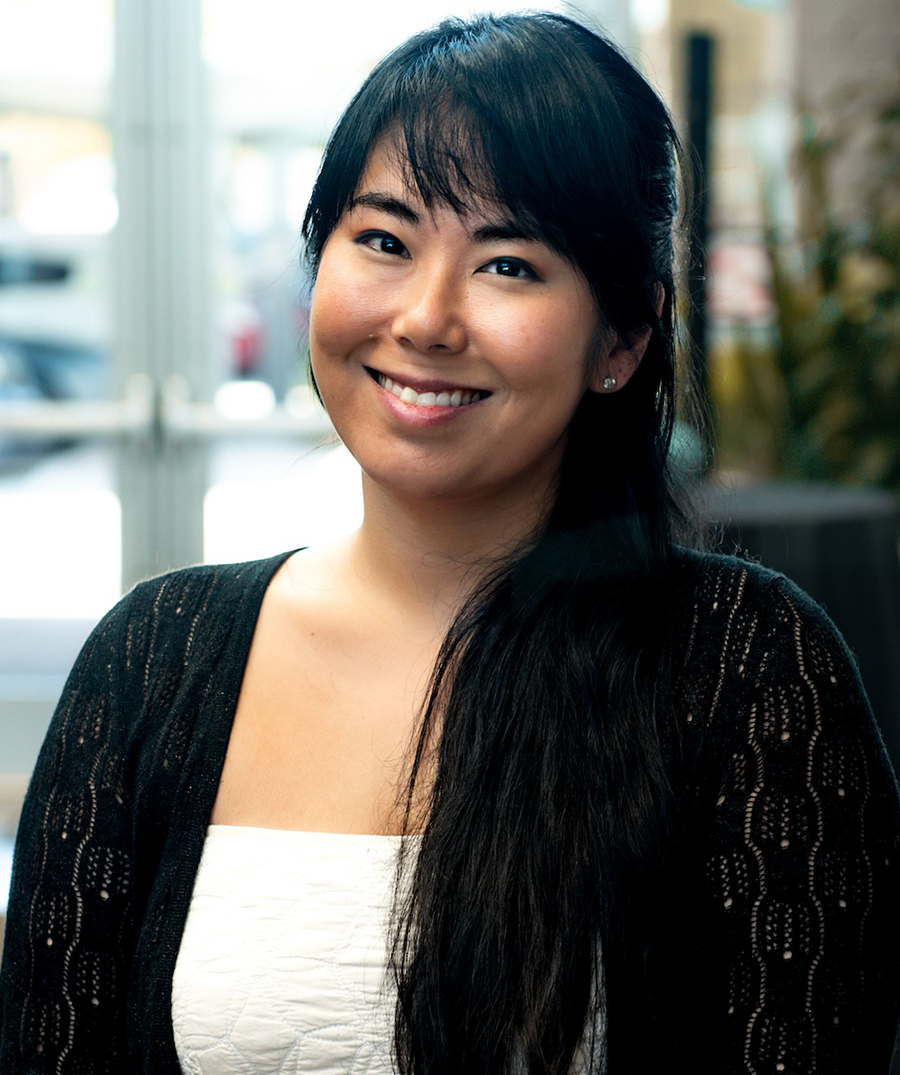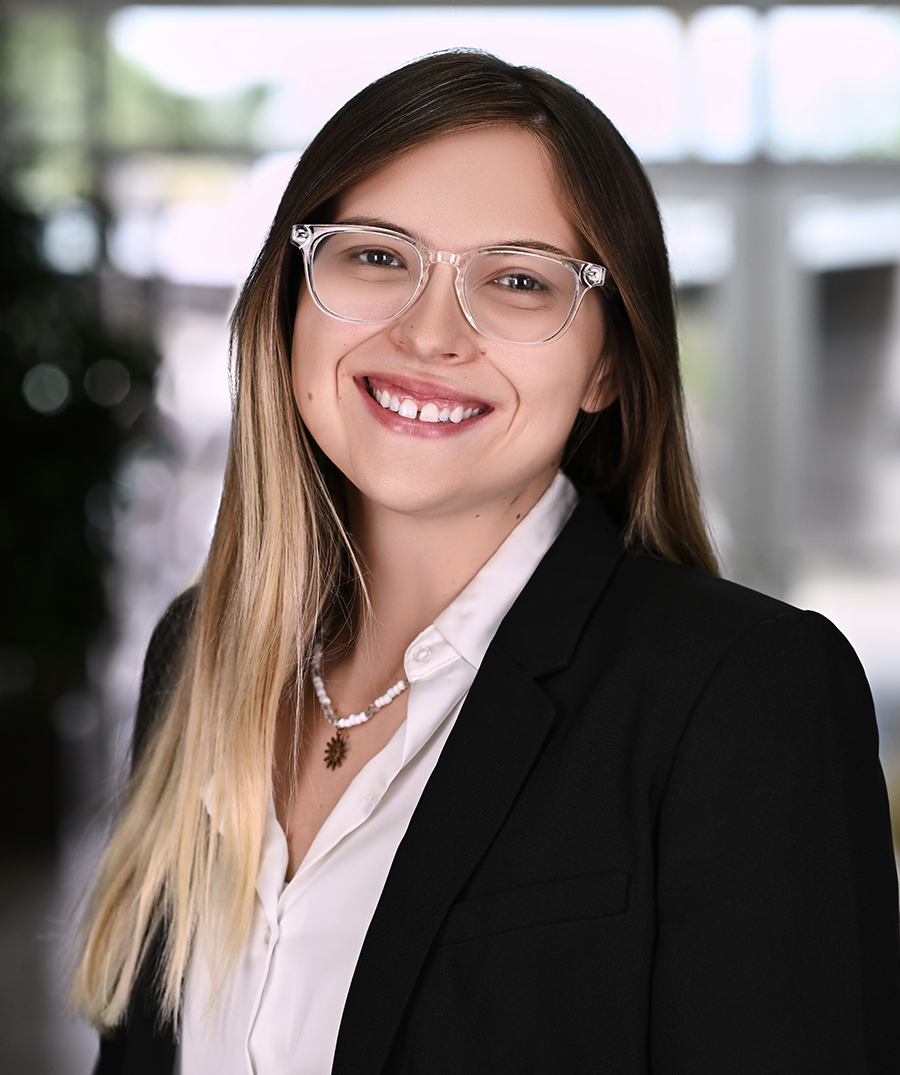Bioscience
Luxembourg
The Integrated BioBank of Luxembourg (IBBL) opened its facilities today, with a Grand Opening Ceremony led by Luxembourg’s leading academic institutions, Government Ministers and pioneer scientists from IBBL’s international collaborative
partnerships. Today’s official opening marks the beginning of Luxembourg’s bid to become a centre of excellence for biomedical research, serving Luxembourg’s economy and healthcare system.
The IBBL is an important step to realizing Luxembourg’s potential as a centre of excellence in biomedical research. Not only will this level of infrastructure contribute to diversifying the economy, attracting investment and generating new jobs, but it will help sustain an efficient, world-leading healthcare system for all Luxembourg citizens.
The IBBL was founded by Luxembourg’s leading public research and academic centres, in partnership with the Translational Genomics Research Institute (TGen), USA, to accelerate medical research in personalised medicine with a focus on developing new diagnostic biomarkers.



